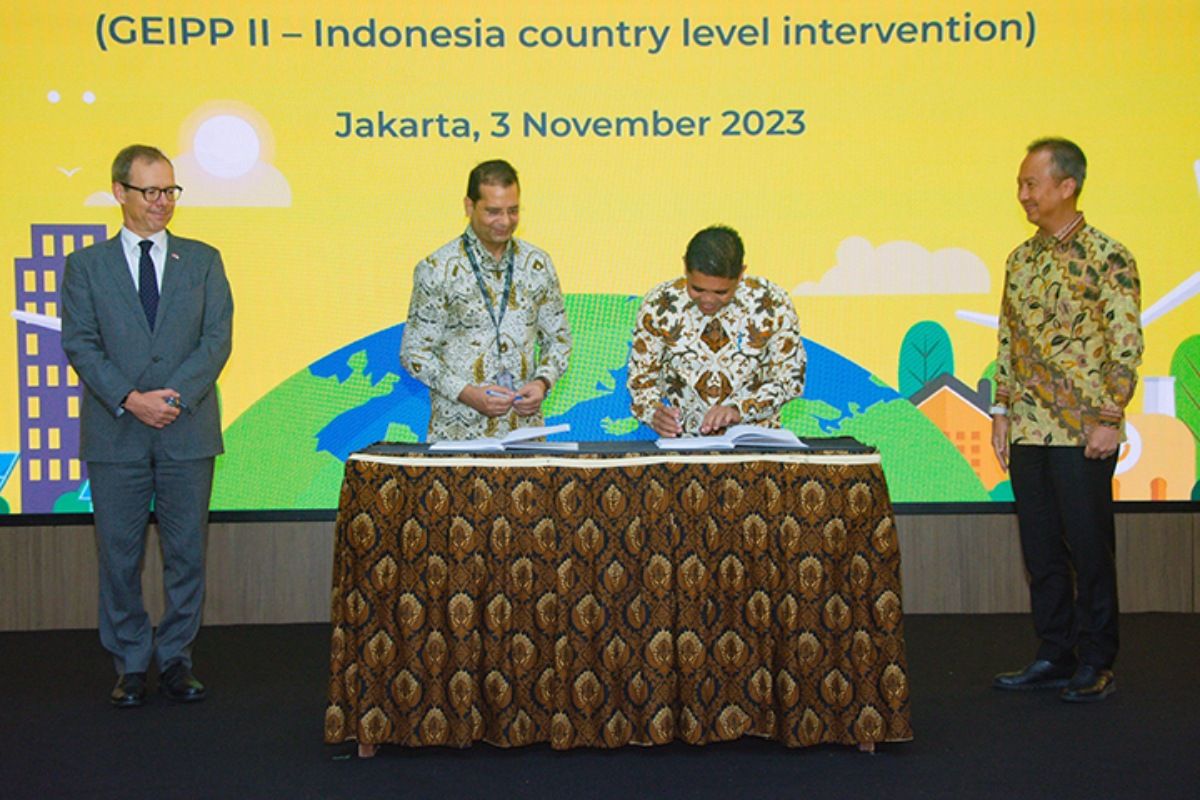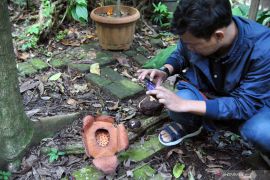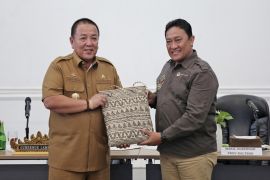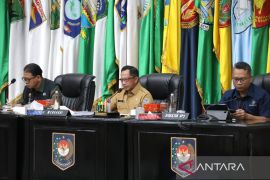"We encourage industrial areas to implement the concept of an eco-industrial park with the long-term goal of net zero emissions by 2050," Industry Minister Agus Gumiwang Kartasasmita said in a statement here on Sunday.
The Industry Ministry signed the Project Document for Global Eco-Industrial Parks Programme Phase II—Indonesia: Country-Level Intervention Project 2024–2028 in Jakarta on Friday (November 3), which marked the second phase of the Global Eco-Industrial Parks Programme (GEIPP) project.
GEIPP is a program from UNIDO that aims to demonstrate the feasibility and benefits of industrial areas that have implemented environmental awareness concepts, especially in improving economic, environmental, and social performance that contributes to inclusive and sustainable industrial development.
In Indonesia, the first phase of the GEIPP project has been running since 2020 and will end this year. The second phase of the project will be effective starting on January 1, 2024.
In the second phase of the project, there are two additional pilot projects of industrial areas, namely the Medan Industrial Area (KIM) and the Deltamas Greenland International Industrial Center (GIIC).
In addition, there is also a program to build an EIP Center at the PIDI 4.0 building in South Jakarta, as well as an EIP program for greenfield investment industrial areas.
To encourage the implementation of EIP, the ministry has issued Industry Minister's Regulation Number 3174 of 2022 on the Cross-Ministerial Forum for the Acceleration of EIP Development.
The forum involves 11 relevant ministries and agencies to implement EIP in Indonesia and is expected to produce input, designs, and concepts for EIP in Indonesia.
"In addition, it can also give guidelines for stakeholders in mapping out eco-industrial parks in accordance with their field of work," the minister said.
The ministerial regulation is expected to be implemented as a regulation that can become technical guidance in the implementation of EIP in Indonesia.
The ministry's Director General of Resilience, Regional, and Access to Industries, Eko S.A. Cahyanto, said that the second phase of the GEIPP program is also expected to make a positive contribution to the more sustainable development of the Indonesian industry.
It could also support the achievement of the Nationally Determined Contribution (NDC) target in accordance with the Paris Agreement.
"Going forward, the existing industrial areas will be developed to become smart eco-industrial parks that prioritize environmental, economic, and social performance, as well as increasing connectivity and communication by minimizing environmental impacts and digital transformation," he explained.
Related news: Minister presses for transforming industrial into smart eco parks
Related news: Eco-industrial park development promoted at Indonesia-S Korea forum
Related news: Gov't fosters industrial estates to boost manufacturing sector growth
Translator: Ade Irma, Raka Adji
Editor: Azis Kurmala
Copyright © ANTARA 2023












